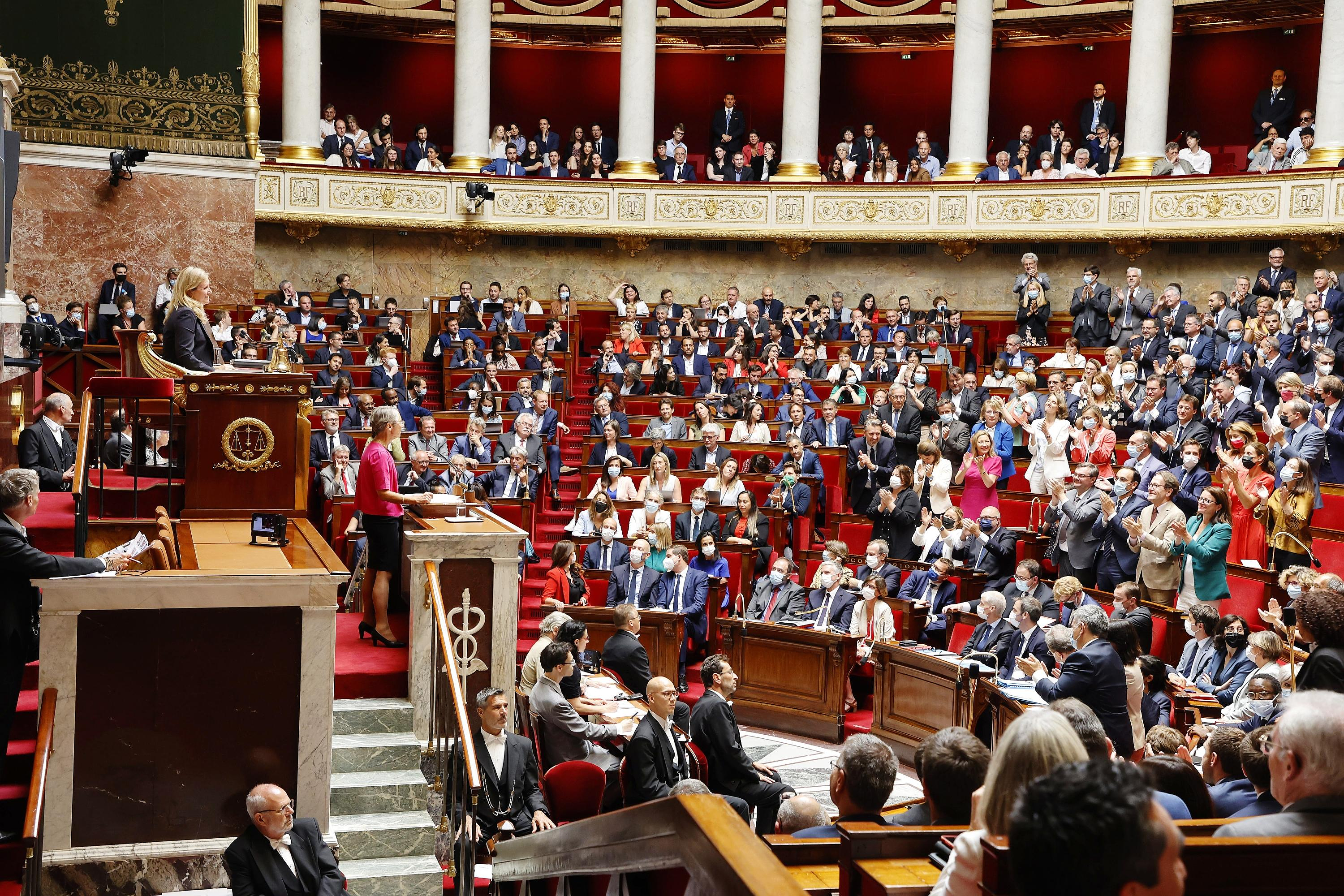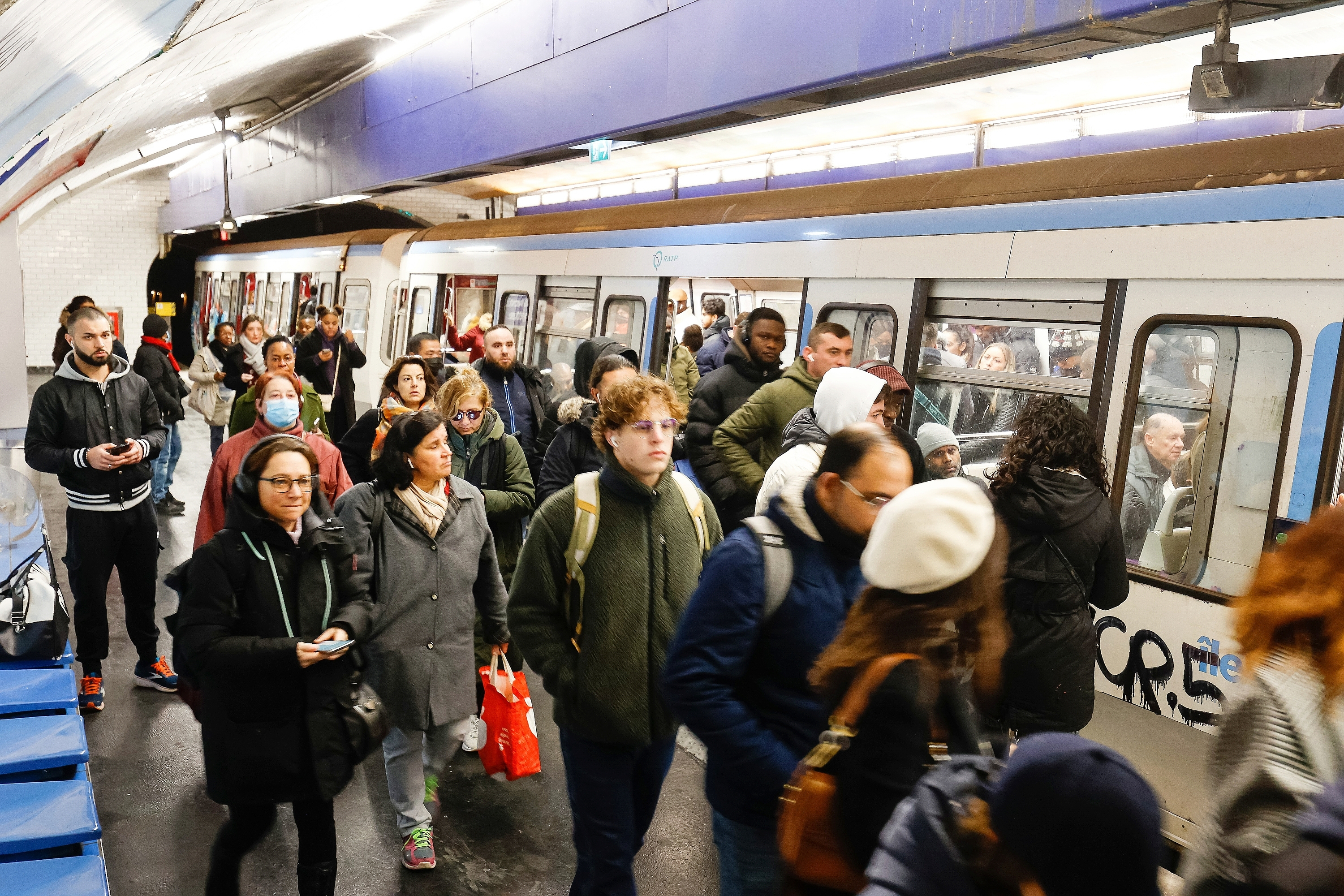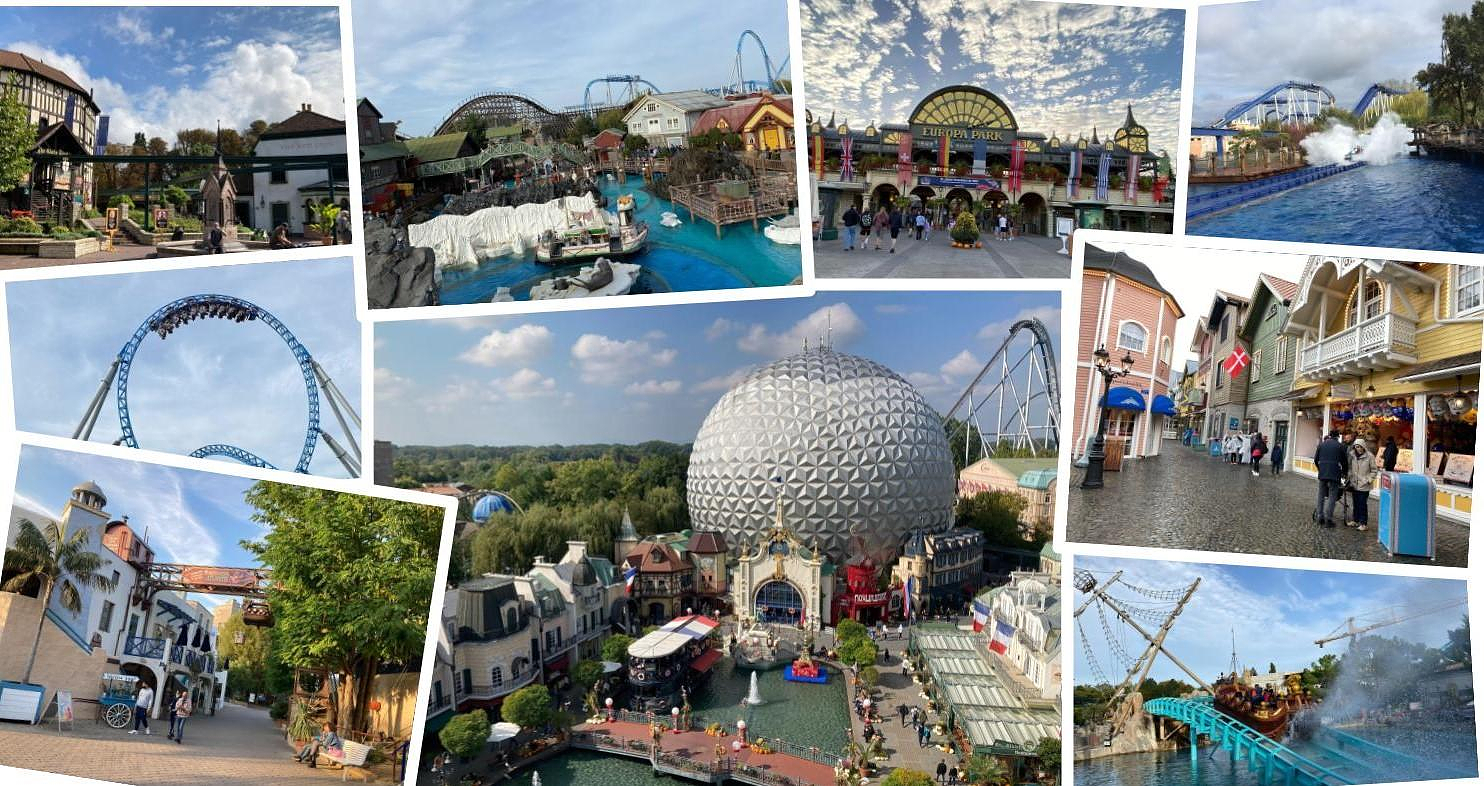In this two-step waltz, the executive knows that he can stumble at the slightest misstep. From the Élysée, where the Ecological Planning Council was held on Monday, Emmanuel Macron this week drew his crest line for an ecology that is “neither denial” nor “the cure”. This, with the ambition to reduce greenhouse gas emissions by 55% by 2030. According to the latest Odoxa-Backbone Consulting survey for Le Figaro, an overwhelming majority of French people (94%) approve the “importance” of the climate issue. But two thirds of the country (66%) say they do not “trust” the government to achieve the objective set by the head of state.
Having passed the test of announcements, the President of the Republic and his troops must now overcome the hurdle of social acceptability. In times of inflation, the slightest spark can reignite the social fire and bring back the specter of the “yellow vest” movement. “The French are suffering even more than during the era of the “yellow vests”. They were in the street at 1.50 euros per liter of gasoline, today it is sometimes around 2 euros…” warns RN deputy for Loiret Thomas Ménage. This is why Emmanuel Macron took care to defend a “fair and accessible” roadmap which “leaves no one without a solution”.
Way to reassure low-income households, who fear being forgotten on the sidelines. “That’s the whole point of the ecological transition. If we want to embody a popular ecology, we must be able to combine the end of the month and the end of the world. There must be a solution behind each constraint,” assures Renaissance MP for Bouches-du-Rhône Jean-Marc Zulesi. After a winter marked by sobriety, the vast majority of French people (72%) are already tightening their belts by reducing their consumption of water, gas or electricity. A small gesture for the planet, but a big gesture for the wallet.
However, when it comes to the most expensive work, many people prefer to postpone it. Certainly, 46% have already started or considered a thermal renovation of their homes, but this represents a drop of -7 points in a year and a half, since they were 53% in May 2022. “Ecology, although very important , remains a subject that must come after measures against inflation and the drop in purchasing power,” explains Véronique Reille Soult, president of Backbone Consulting.
Among the files opened by the executive, the ban on “thermal strainers” has already caused some turmoil within the Macron camp. In accordance with the objectives set by the climate and resilience law passed in 2021, these homes classified “G” by the energy performance diagnosis (DPE) must in fact be withdrawn from rental from January 1, 2025. However, in an interview “ facing the readers” of Le Parisien on Wednesday, the Minister of the Economy, Bruno Le Maire, took the opposite view of the government by saying he was “very favorable” to the “postponement of the calendar” which regulates this ban. Before backpedaling the same day in a statement to the press: “There is no question of changing the calendar (…). It's simply a matter of thinking about how we can be simpler and clearer for our compatriots. »
A reverse decline in public opinion, 68% of which would approve of the idea of postponing the measure. The cause is a slowing real estate market - notably due to the explosion in interest rates - and the fact that new housing is struggling to get off the ground. In municipalities affected by the housing crisis, several mayors are warning of this “social time bomb”. “Most of the owners affected by this measure often have quite low means and are absolutely incapable of renovating without massive aid,” points out the LR councilor of Lavaur (Tarn), Bernard Carayon. In his commune, the former deputy has already been forced to reduce the number of buildable hectares by almost half. “There are fewer and fewer building permits, we are reducing the eligible areas with zero net artificialization (ZAN), so prices are increasing. Who suffers from it? The working classes and young people.”
In working-class and rural areas, the end of the thermal car may also cause some teeth to grind. From 2035, only electric vehicles will be put on the market. Not really decided to change cars, half of French people (50%) are again pleading for the postponement of the timetable planned by the government and the European Union. “Some are forced to take the car because there is less transport. These are the same people who are being pointed out because they are responsible for all the evils of the earth, whispers the communist deputy for Seine-Maritime Sébastien Jumel. These, if we tell them: you are switching to electric cars period, they will not have the financial means to do so. »
To try to reassure these households for whom the electric car remains "a luxury product", the Minister of Transport, Clément Beaune, is counting on "social leasing" which should make it possible to "rent" one for 100 euros per month. There remains the question of equipping charging stations in these territories far from metropolises, “where the Republic has been pushed back”, points out Sébastien Jumel. “If we really want to reconcile the end of the world and the end of the month, we must start by finding balanced planning and public transport policies,” he says.

 Who was Dror Or, the Israeli father who died as a hostage in the hands of Hamas?
Who was Dror Or, the Israeli father who died as a hostage in the hands of Hamas? “Pay in cash”: at his trial, Donald Trump faced with an embarrassing recording
“Pay in cash”: at his trial, Donald Trump faced with an embarrassing recording Italy: a grandmother accidentally serves a bottle filled with wine to a baby, he has an alcoholic coma
Italy: a grandmother accidentally serves a bottle filled with wine to a baby, he has an alcoholic coma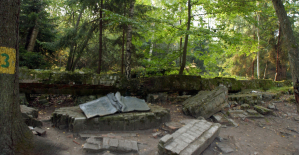 The mysterious skeletons of Hermann Göring's villa
The mysterious skeletons of Hermann Göring's villa Children born thanks to PMA do not have more cancers than others
Children born thanks to PMA do not have more cancers than others Breast cancer: less than one in two French women follow screening recommendations
Breast cancer: less than one in two French women follow screening recommendations “Dazzling” symptoms, 5,000 deaths per year, non-existent vaccine... What is Lassa fever, a case of which has been identified in Île-de-France?
“Dazzling” symptoms, 5,000 deaths per year, non-existent vaccine... What is Lassa fever, a case of which has been identified in Île-de-France? Sánchez cancels his agenda and considers resigning: "I need to stop and reflect"
Sánchez cancels his agenda and considers resigning: "I need to stop and reflect" Health carpooling, this source of savings which arouses the ire of patients and taxis
Health carpooling, this source of savings which arouses the ire of patients and taxis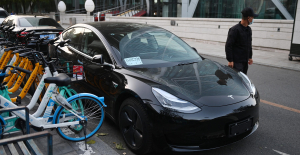 Tesla Model 3, MG4 and Dacia Spring.... With the end of the ecological bonus, these electric cars produced in China are seeing their sales fall
Tesla Model 3, MG4 and Dacia Spring.... With the end of the ecological bonus, these electric cars produced in China are seeing their sales fall For the 2024 Olympics, Airbnb commits to fighting prostitution in its accommodation
For the 2024 Olympics, Airbnb commits to fighting prostitution in its accommodation “Shrinkflation”: supermarkets obliged to alert their customers from July 1
“Shrinkflation”: supermarkets obliged to alert their customers from July 1 The electro of Justice and the echoes of Portishead
The electro of Justice and the echoes of Portishead 1924 Olympic Games: according to his daughter, the hero of Chariots of Fire was “not a bigot”
1924 Olympic Games: according to his daughter, the hero of Chariots of Fire was “not a bigot”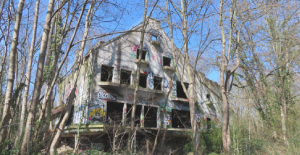 The “German Brothel” in Yvelines: an uncertain future for the ruined residence
The “German Brothel” in Yvelines: an uncertain future for the ruined residence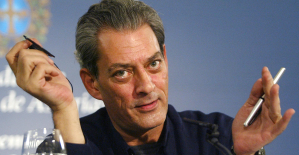 The eye of the INA: when Paul Auster visited Bernard Pivot
The eye of the INA: when Paul Auster visited Bernard Pivot Omoda 7, another Chinese car that could be manufactured in Spain
Omoda 7, another Chinese car that could be manufactured in Spain BYD chooses CA Auto Bank as financial partner in Spain
BYD chooses CA Auto Bank as financial partner in Spain Tesla and Baidu sign key agreement to boost development of autonomous driving
Tesla and Baidu sign key agreement to boost development of autonomous driving Skoda Kodiaq 2024: a 'beast' plug-in hybrid SUV
Skoda Kodiaq 2024: a 'beast' plug-in hybrid SUV The home mortgage firm rises 3.8% in February and the average interest moderates to 3.33%
The home mortgage firm rises 3.8% in February and the average interest moderates to 3.33% This is how housing prices have changed in Spain in the last decade
This is how housing prices have changed in Spain in the last decade The home mortgage firm drops 10% in January and interest soars to 3.46%
The home mortgage firm drops 10% in January and interest soars to 3.46% The jewel of the Rocío de Nagüeles urbanization: a dream villa in Marbella
The jewel of the Rocío de Nagüeles urbanization: a dream villa in Marbella Facing Jordan Bardella, the popularity match turns to Gabriel Attal’s advantage
Facing Jordan Bardella, the popularity match turns to Gabriel Attal’s advantage Europeans: a senior official on the National Rally list
Europeans: a senior official on the National Rally list Blockade of Sciences Po: the right denounces a “drift”, the government charges the rebels
Blockade of Sciences Po: the right denounces a “drift”, the government charges the rebels Even on a mission for NATO, the Charles-de-Gaulle remains under French control, Lecornu responds to Mélenchon
Even on a mission for NATO, the Charles-de-Gaulle remains under French control, Lecornu responds to Mélenchon These French cities that will boycott the World Cup in Qatar
These French cities that will boycott the World Cup in Qatar Monaco - Clermont: Minamino cornerstone, Fofana essential, the Clermont defense overwhelmed... The tops and the flops
Monaco - Clermont: Minamino cornerstone, Fofana essential, the Clermont defense overwhelmed... The tops and the flops Gymnastics: two gold medals for the Italian Manila Esposito during the European Championships
Gymnastics: two gold medals for the Italian Manila Esposito during the European Championships Champions Cup: in pain, Leinster beats Northampton and qualifies for the final
Champions Cup: in pain, Leinster beats Northampton and qualifies for the final Liga: Real Madrid crowned champion of Spain after FC Barcelona's defeat in Girona
Liga: Real Madrid crowned champion of Spain after FC Barcelona's defeat in Girona




